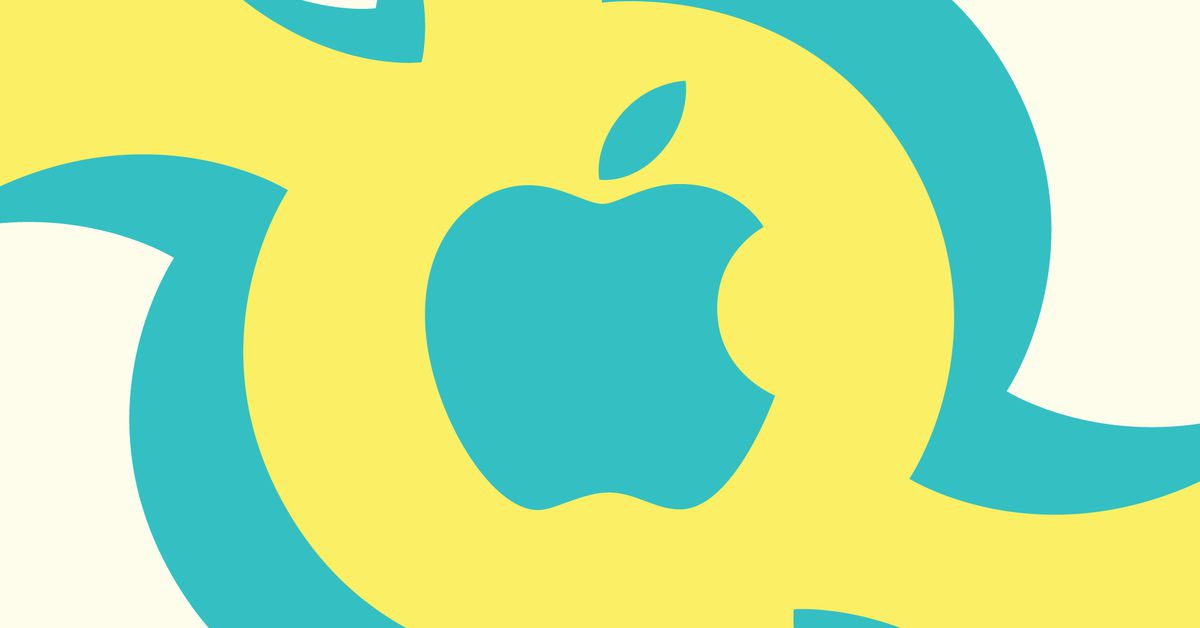
Apple is not living up to the letter or spirit of an order issued by a California federal judge in its trial against Epic Games. That’s what Meta, Microsoft, Match Group, and X told the court in an amicus brief on Wednesday.
Judge Yvonne Gonzalez Rogers told Apple in 2021 that it could not prevent app developers from using “buttons, external links, or other calls to action” informing users of payment options outside of their apps. Epic and other developers have taken issue with Apple’s 15 to 30 percent fees on in-app purchases, which Apple makes difficult to avoid by also preventing them from directing users to payment options at a lower price outside of the iOS ecosystem. Apple has defended the fees as reasonable compensation for its own services on the App Store.
But the companies that filed the brief Wednesday, all of which say they’ve been subject to Apple’s rules against steering users away from its own payment processing, say Apple’s idea of compliance would not fix the problem. Its proposal to let developers point to an external purchase link is complex and burdensome, the companies say.
“Apple’s new restrictions are plainly designed to render alternatives to Apple’s IAP impractical for developers, and inaccessible and unappealing to consumers, thus circumventing both the spirit and underlying goals of the injunction,” the companies wrote in their brief.
Epic itself has asked the judge to enforce her original order, saying that Apple is in “blatant violation” of the injunction. But it’s notable that other large developers, like Meta and Microsoft, have decided to weigh in now and shows that Apple’s rules can impact even the largest of tech companies.
The amici say that Apple’s 12 to 27 percent fee on external purchases defeats the purpose of the new requirement since it’s only a few percentage points below what developers would otherwise be required to pay for in-app purchases. The external purchase fee could make it unrealistic for developers to even set up an external payments system, given that other transaction costs they might incur through that route could eliminate any of the 3 percent gains they’d get from moving away from Apple’s system. Plus, customers are unlikely to choose the external option if it’s the same price or higher.
The companies explain how Apple’s in-app payment requirements impact them and allegedly harm them and their users. Meta, for example, says that Apple decided in 2022 to require Meta to pay the IAP fee for its product that lets advertisers boost posts within their apps to reach more users. Meta says this change increases the costs of using the feature, which would not be the case if Meta could steer users to its own payment options.
When asked for comment on the amicus brief, Apple spokesperson Fred Sainz pointed to the company’s statement of compliance to the court, where it says it has “fully complied with the Injunction” as of January 16th. In that earlier filing, Apple says that Epic “has never disputed” that “unregulated external payment links will ‘harm users, developers, and the iOS platform more generally.’” That makes the requirements for the external payment links “necessary to protect user privacy and security, maintain the integrity of Apple’s ecosystem, promote the flow of information, avoid user confusion, and enable efficient review of developers’ apps by App Review,” according to Apple.
Apple will get the chance to file a response before a hearing about enforcing the injunction on April 30th.
Update March 20, 2024 4:40PM: This story has been updated with a response from Apple.
https://www.theverge.com/2024/3/20/24106838/apple-epic-anti-steering-developers-in-app-payments-meta-microsoft-match

